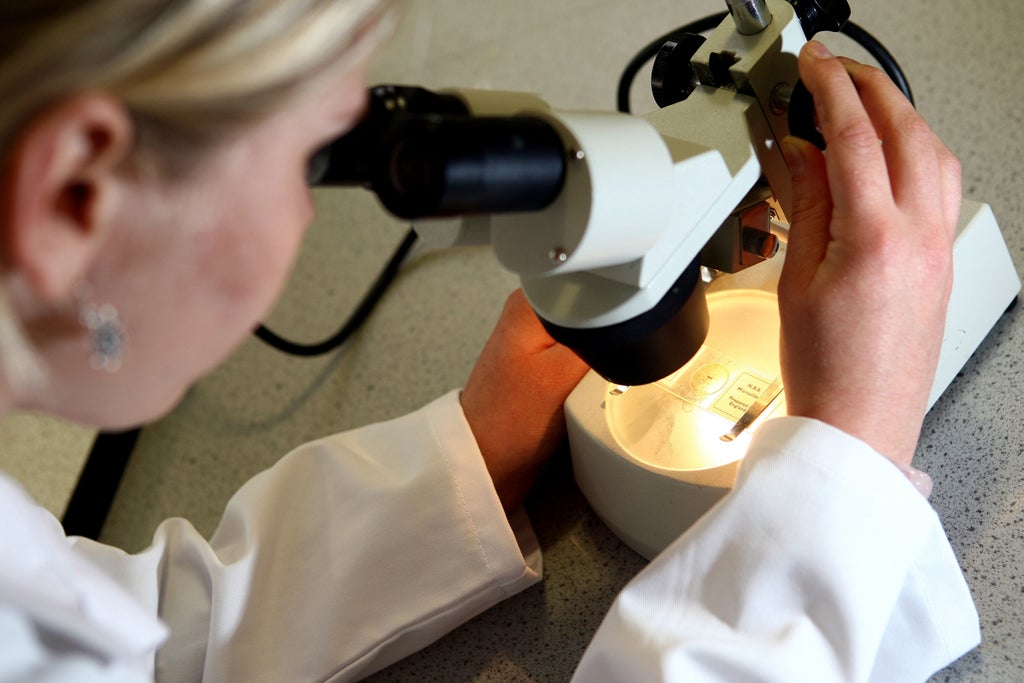
The World Health Organisation (WHO) is closely monitoring cases of hepatitis among young children which have seen six youngsters having to receive liver transplants.
The WHO was told about 10 cases of severe acute hepatitis in youngsters in Scotland’s central belt on April 5, and three days later the organisation said it had been notified about 74 cases across the UK.
The organisation warned that, given the increase in cases reported over the past month and a ramping up of search efforts, more cases were likely to be reported in the coming days.
We are also calling on parents and guardians, to be alert to the signs of hepatitis, including jaundice, and to contact a healthcare professional if they are concerned
Of the cases reported, the WHO said, some have had to be transferred to specialist children’s liver units and six children have undergone liver transplantation.
As of April 11 no death has been reported among these cases and one epidemiologically linked case has been detected, WHO said.
Dr Meera Chand, director of clinical and emerging infections at the UK Health Security Agency, said its officials were working across the four nations to “investigate a wide range of possible factors which may be causing children to be admitted to hospital with liver inflammation known as hepatitis.
“One of the possible causes that we are investigating is that this is linked to adenovirus infection.
“However, we are thoroughly investigating other potential causes,” she said.
Other possible explanations are also being investigated, including whether or not Covid-19 could have played a role in the spate of cases.
But officials stressed that there is “no link” to Covid-19 jabs as none of the children affected have received a Covid-19 vaccine.
Lab tests have excluded hepatitis type A, B, C, and E viruses in these cases, WHO said, and further tests for additional infections, chemicals and toxins are under way.
Following identification in the UK less than five cases have been reported in Ireland with further investigations ongoing.
And three cases of acute acute hepatitis of unknown aetiology have been reported in children in Spain.
Dr Chand said: “Normal hygiene measures such as good handwashing, including supervising children, and respiratory hygiene, help to reduce the spread of many of the infections that we are investigating.
“We are also calling on parents and guardians, to be alert to the signs of hepatitis, including jaundice, and to contact a healthcare professional if they are concerned.”
There have been 49 cases in England, 13 in Scotland and 12 across both Wales and Northern Ireland, all of which have occurred since January.







